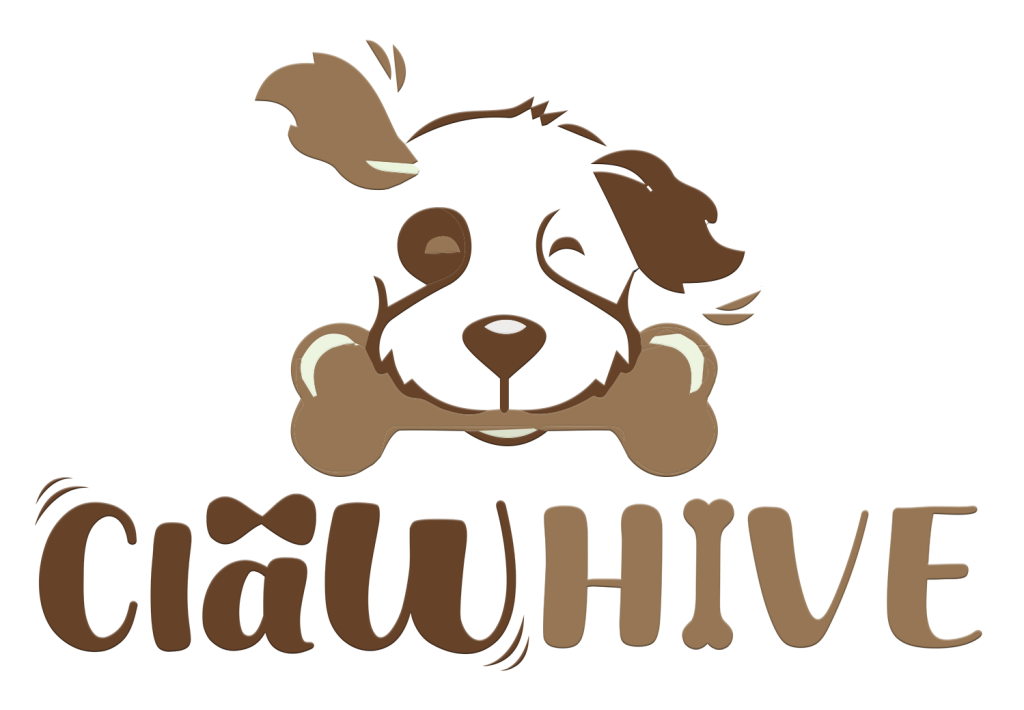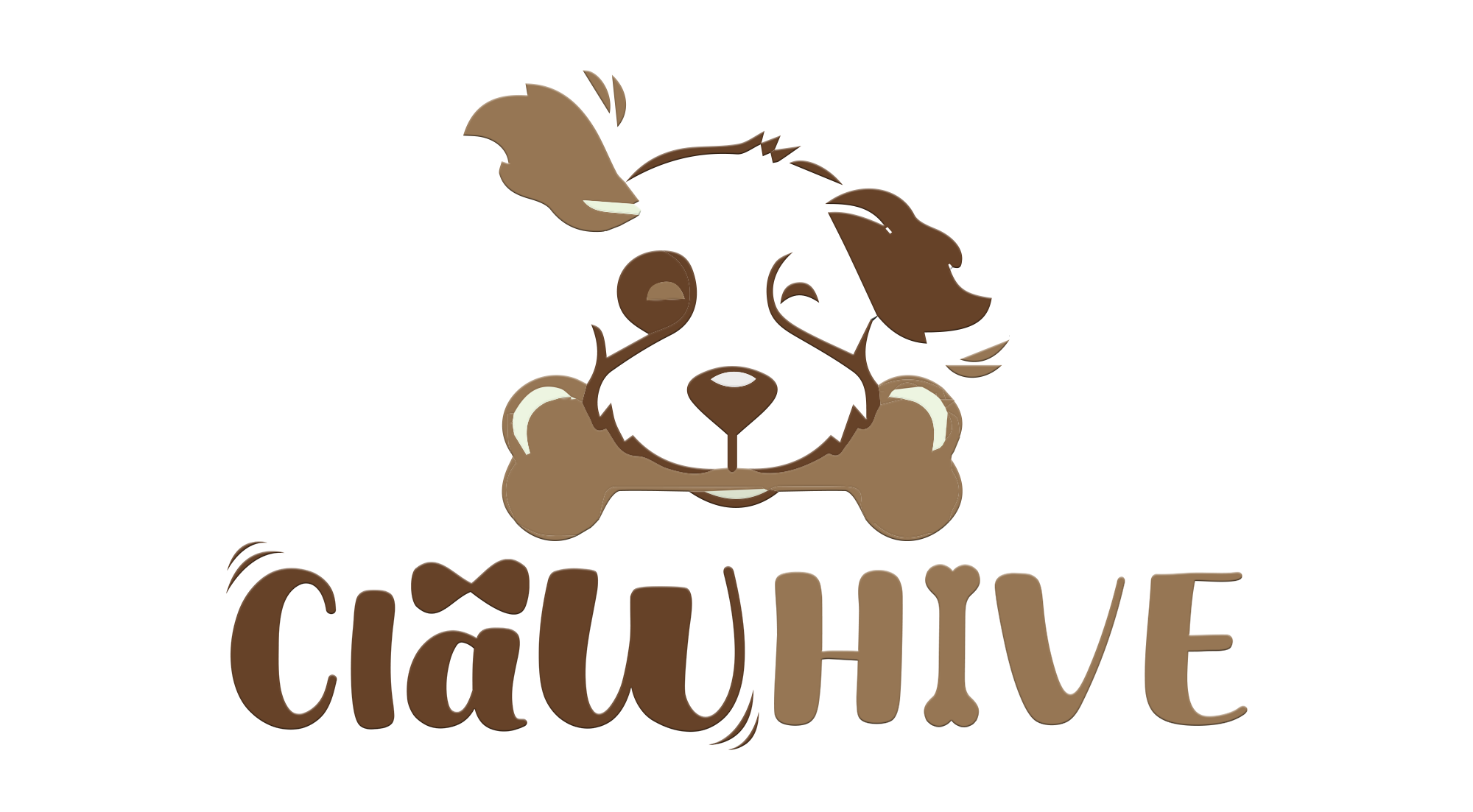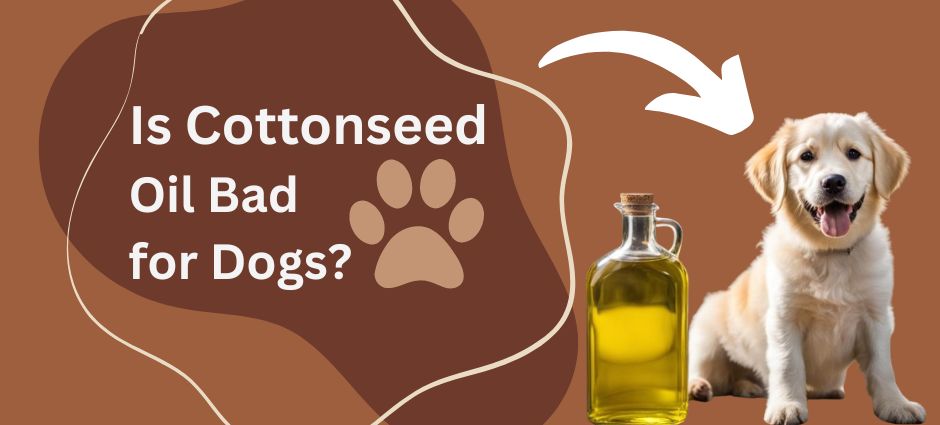When it comes to feeding our pup friends, we often hear about a variety of oils that can be beneficial for their health. Coconut oil, fish oil, and olive oil are among the popular choices.
However, cottonseed oil is a lesser-known option that raises a common question: “Is cottonseed oil bad for dogs?”
In this blog, we will explore the potential risks and benefits of cottonseed oil for dogs, helping you make an informed decision about including it in your dog’s diet.
So, let’s dig in!
Is Cottonseed Oil Bad for Dogs? But, First What is Cottonseed Oil?
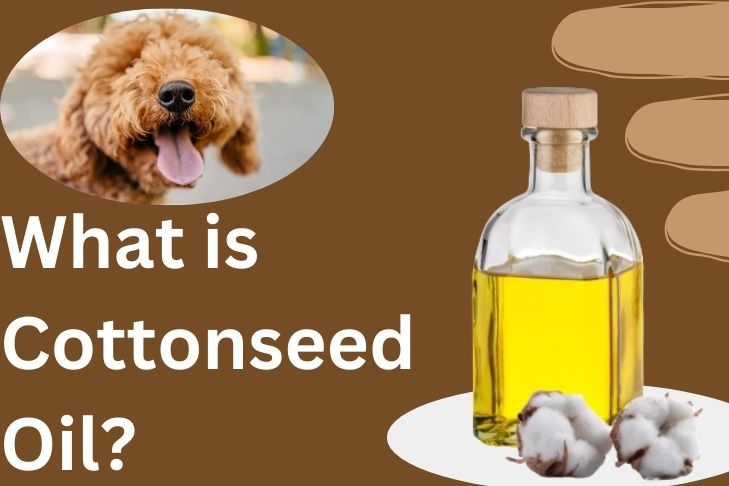
Cottonseed oil is an extraction of cotton plant seeds. It is widely used in human food products such as salad dressings, margarine, and baked goods due to its mild flavor and stability.
However, its use in pet food and as a supplement for dogs is less common and more controversial, but you have nothing to worry about as long as we are here to help you navigate everything about your chunky dog.
Must Read: Is tar toxic to dogs.
Nutritional Profile of Cottonseed Oil
Can dogs have cottonseed? Cottonseed oil is rich in polyunsaturated fats, including omega-6 fatty acids, which are essential for both humans and dogs.
It is also a major source of vitamin E, which is good when it comes to protecting cells from damage. Despite these beneficial components, the potential drawbacks of cottonseed oil often overshadow its positive attributes.
Is Cottonseed Oil Bad for Dogs? 3 Potential Risks
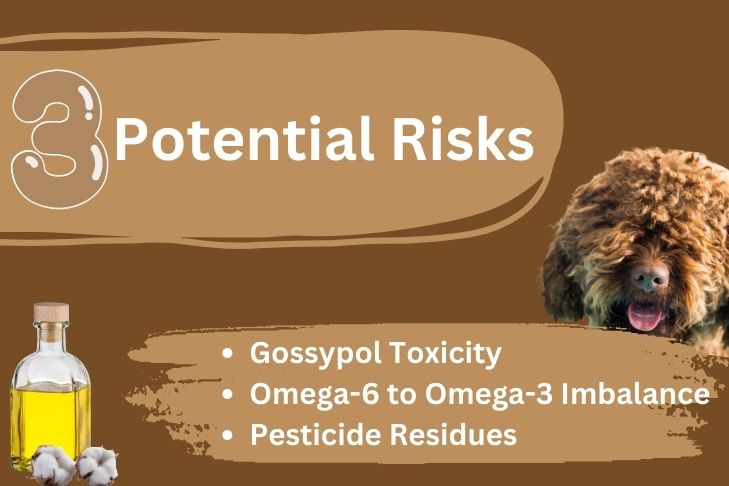
Here we’ll discuss potential risks for cottonseed oil bad for dogs:
1. Gossypol Toxicity
One of the primary concerns with cottonseed oil for big white dogs is the presence of gossypol, a naturally occurring toxin found in cotton plants.
Gossypol can be harmful to dogs, particularly in large quantities. It can cause digestive issues, weakness, and even more severe health problems if consumed in significant amounts.
2. Omega-6 to Omega-3 Imbalance
While omega-6 fatty acids are beneficial in moderation, an excess can lead to inflammation and other health issues. Large fluffy dogs require a balanced ratio of omega-6 to omega-3 fatty acids for optimal health.
Is cottonseed oil bad for dog’s skin? Well, cottonseed oil is high in omega-6 and lacks omega-3 fatty acids, potentially disrupting this balance and leading to problems such as skin irritations and joint issues.
3. Pesticide Residues
When it comes to pesticides, cotton fields are always one of the most heavily sprayed ones. Even after processing, cottonseed oil may contain traces of these chemicals. Long-term exposure to pesticides can be harmful to dogs, leading to various health concerns.
Is Cottonseed Oil Bad for Dogs? 4 Alternatives to Use
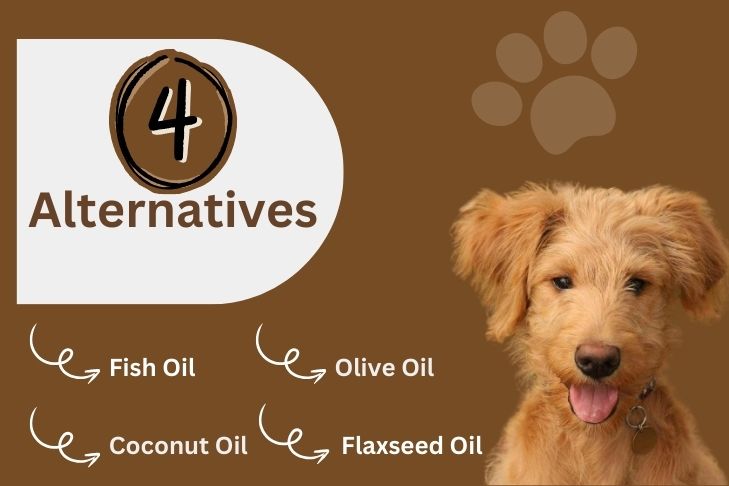
Is cottonseed oil harmful? Given the potential risks, many veterinarians and pet nutrition experts advise against including cottonseed oil in your dog’s diet. The presence of gossypol, the imbalance of fatty acids, and the possibility of pesticide residues make it a less-than-ideal choice for your canine.
If you’re looking for healthy oils to include in your dog’s diet, there are several safer and more beneficial options available:
1. Fish Oil
Fish oil is an excellent source of omega-3 fatty acids, which can help reduce inflammation, improve skin and coat health, and support joint function. You need to make sure you find high-quality and purified fish supplements to help your chunky dog.
2. Coconut Oil
Coconut oil contains medium-chain triglycerides (MCTs), which can boost energy, support digestion, and promote healthy skin and coat. It is generally well-tolerated by dog breeds gray and can be added to their food in moderation.
3. Olive Oil
Olive oil is rich in monounsaturated fats and antioxidants, making it a heart-healthy option for dogs. It can help improve skin and coat condition and support overall well-being when used in small amounts.
4. Flaxseed Oil
Flaxseed oil is another good source of omega-3 fatty acids, particularly alpha-linolenic acid (ALA). It can help maintain a healthy coat and support cardiovascular health.
How to Introduce New Oils to Your Dog’s Diet
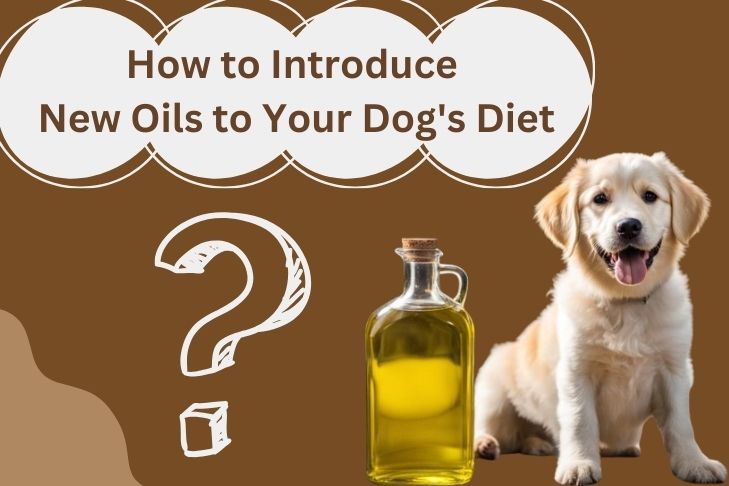
When introducing any new oil to your dog’s diet, it’s important to do so gradually. Always make sure you start with tiny amounts to first check your dogs for any negative reactions.
Consult your veterinarian to determine the appropriate dosage based on your dog’s size, age, and health condition.
Is Cottonseed Oil Bad for Dogs? Final Words
Is cottonseed toxic for dogs? While cottonseed oil contains some beneficial nutrients, the potential risks outweigh the benefits for most dogs. The presence of gossypol, the imbalance of fatty acids, and the risk of pesticide residues make it a questionable choice for canine consumption.
Instead, consider safer alternatives such as fish oil, coconut oil, olive oil, and flaxseed oil to support your dog’s health and well-being. You need to ensure that you’re always in contact with your vet before making drastic changes to your dog’s diet or lifestyle.
By understanding the risks and benefits of various oils, you can make informed decisions that contribute to your dog’s long, happy, and healthy life.
